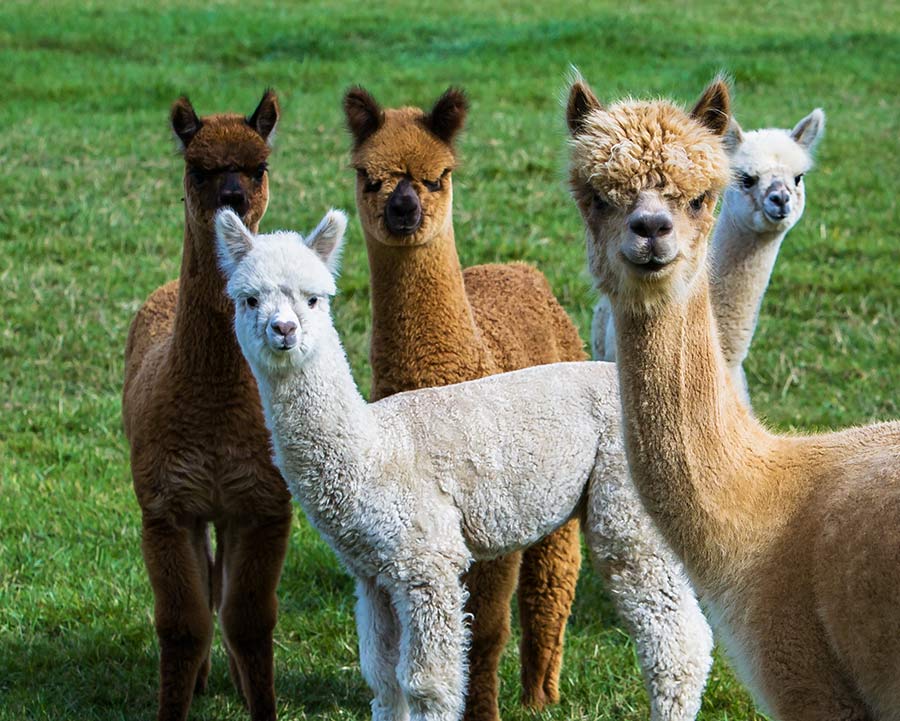West Nile Virus in Alpacas and Llamas

In 2023, across Colorado and Wyoming specifically, Colorado State University Veterinary Teaching Hospital has observed a rise in incidence of West Nile Virus both among equine (horses) and camelids (the majority being alpacas). A general hypothesis accepted for this trend is the abnormally increased rainfall during the spring season leading to a rise in mosquito population and, therefore, an increased risk to people and livestock for contracting WNV. The purpose of this short article is to highlight the disease and to inform the camelid community that WNV is still a concern within the population, although a low one. By no means are we recommending going out and vaccinating entire herds, but if incidence of WNV is rising in your area, vaccination may be considered with the help your veterinarian.
Like this article? Become a RMLA Member today!


